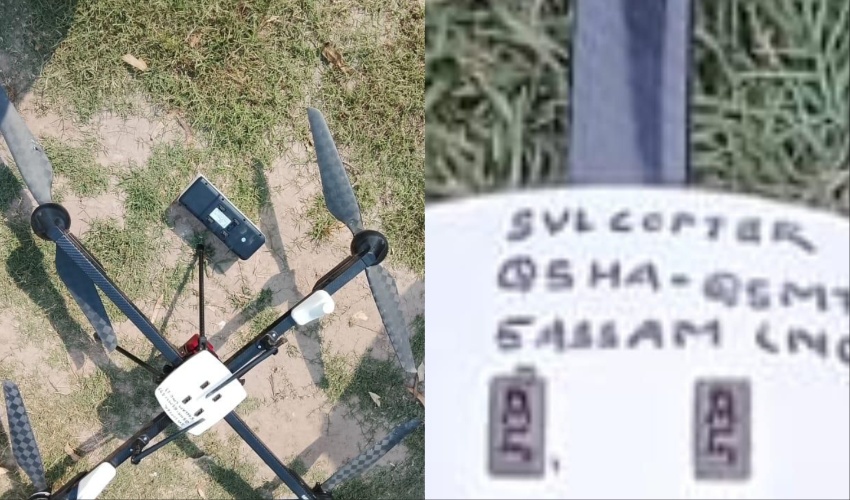A groundbreaking study by researchers in Kuwait has found a link between the brain and a heart condition known as Takotsubo cardiomyopathy, also known as broken heart syndrome.
The study, published in the journal Heart, found that people with broken heart syndrome have decreased connections in the amygdala, a small brain region that controls emotions and memories.
The study also found that the amygdala is more active in people with the syndrome than in people without the condition.
The amygdala is responsible for processing emotions, such as fear, anger, and sadness. It also plays a role in memory formation.
In people with broken heart syndrome, the amygdala is thought to become overactive in response to stressful events.
This overactivity can lead to the release of stress hormones, such as adrenaline and cortisol.
These hormones can damage the heart muscle and cause the symptoms of broken heart syndrome.



























